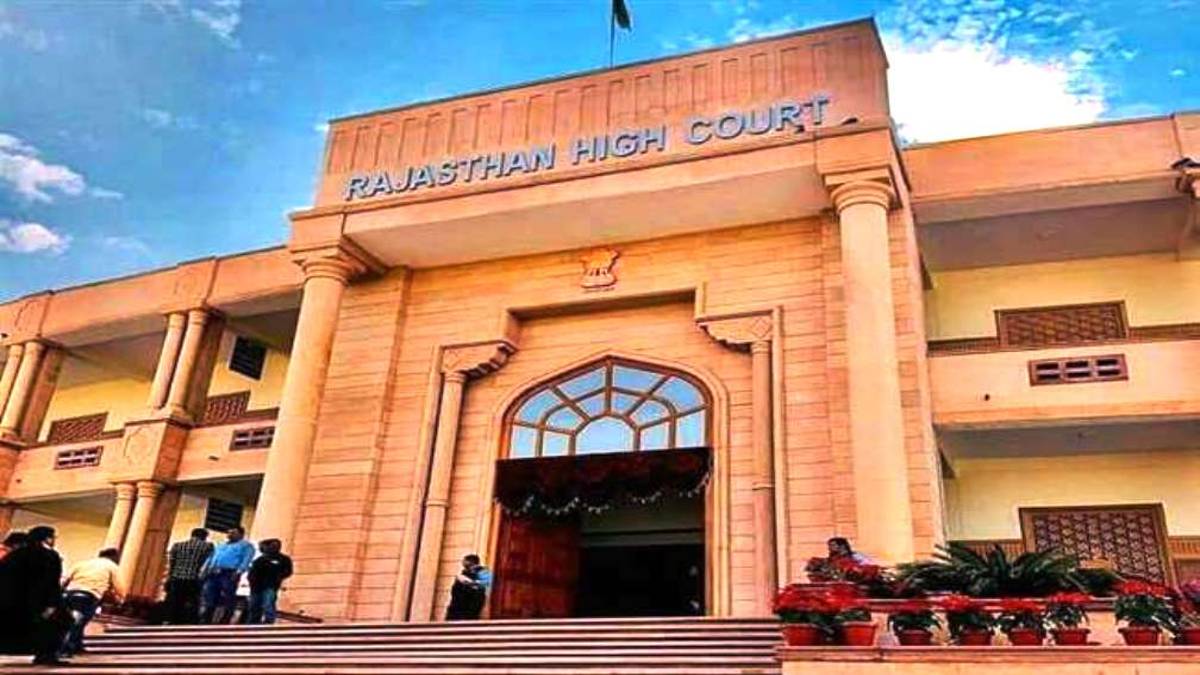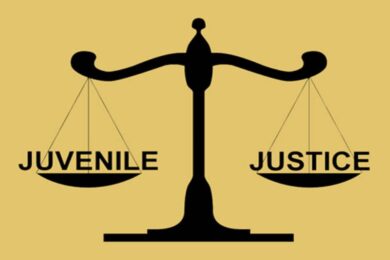
The Rajasthan High Court reversed the six-month jail term of 84-year-old O.P. Jain due to an extraordinary 48-year delay. The conviction under IPC Section 120-B and the Prevention of Corruption Act stands, but imprisonment is replaced with increased fines and a bond.
Background of the Case
In 1976, Ram Gopal, then 22 years old, was convicted by a Sessions Court in Alwar, Rajasthan, for charges under Sections 307 (attempt to murder) and 324 (voluntarily causing hurt with dangerous weapons) of the Indian Penal Code. The conviction was based on a village altercation over a land dispute, where Ram Gopal was accused of attacking a rival with a lathi (wooden stick), causing grievous injuries.
The trial court sentenced him to 7 years of rigorous imprisonment, but he was granted bail during the pendency of his appeal before the Rajasthan High Court.
Due to administrative errors, backlog, and the absence of procedural follow-ups, the appeal was never listed for final hearing for nearly five decades. During this period, Ram Gopal lived a law-abiding life, raised a family, and worked as a farmer in his village.
In 2023, the High Court undertook a record digitization and old appeal tracking initiative, during which this 48-year-old pending appeal was flagged for urgent attention. The matter was listed before a Special Bench for constitutional and criminal backlog cases.
Court Proceedings
The matter came up before the Rajasthan High Court (Jaipur Bench) in February 2024, under a suo motu revival order passed by the Chief Justice.
Key developments in proceedings:
Court examined trial court records, including witness depositions, medical evidence, and FIR copies.
The original case files were partly damaged, but digitized summaries and judgment copies were available.
Ram Gopal, now 70, was represented by legal aid counsel, as he could not afford a private lawyer.
The State Counsel conceded that the delay was institutional and not attributable to the appellant.
The Court requested a report on Ram Gopal’s conduct, which showed no further criminal record and consistent community engagement.
Several prosecution witnesses had since passed away, and the complainant had submitted a letter of forgiveness.
Arguments Presented
Appellant’s Arguments (Ram Gopal):
The delay of 48 years violated the principles of natural justice, fair trial, and right to speedy disposal under Article 21 of the Constitution.
The evidence from 1976 was unreliable today due to missing records, deceased witnesses, and changing circumstances.
Petitioner had already served 18 months in custody during initial arrest and bail.
Continuing the sentence now would serve no penal or rehabilitative purpose and cause undue hardship.
Respondent’s Arguments (State of Rajasthan):
Admitted that the appeal was unintentionally lost in the system, with no willful neglect by either side.
Acknowledged that revival of sentence after 48 years would be unjust, especially since the appellant was a first-time offender and now a senior citizen.
Supported the dismissal of conviction and sentence on grounds of delay, emphasizing the state’s commitment to judicial reform and backlog reduction.
Court’s Decision
In March 2024, the Rajasthan High Court set aside the 1976 conviction and sentence of Ram Gopal, invoking both constitutional and criminal jurisprudence principles.
Highlights of the Judgment:
The court held that a 48-year pendency of appeal amounts to a denial of justice, and continuing proceedings would violate the right to life and dignity under Article 21.
Cited key precedents:
Hussainara Khatoon v. State of Bihar (1979) – emphasizing speedy trial as a fundamental right.
Vakil Singh v. State of Bihar (2020) – setting aside sentence due to extraordinary delay.
The High Court noted that any punitive interest in the matter had long dissipated, and the rehabilitative justice goal had already been met.
Directed the State Government to conduct an audit of all criminal appeals pending for over 30 years, and file a status report in 90 days.
Ordered compensation of ₹1 lakh to Ram Gopal under the State Victim Compensation Scheme, acknowledging institutional delay.
Implications of the Ruling
This landmark decision has significant implications:
Sets precedent for quashing of convictions in long-pending appeals where institutional delay prejudices the accused
Reinforces the principle that justice delayed is indeed justice denied, especially for underprivileged litigants.
Calls attention to the urgent need for judicial backlog reform, especially in older High Court and Sessions Court records.
Empowers courts to use constitutional powers under Articles 226 and 21 to correct historic injustices, even without formal petitions.
May lead to systemic reviews of unlisted or dormant appeals, especially in states with large undertrial and post-conviction populations.
Conclusion
The Rajasthan High Court’s ruling in Ram Gopal v. State of Rajasthan is a compelling example of judicial introspection and corrective action. It reflects a growing recognition within the judiciary that timeliness is integral to justice, and that institutional failures must not burden individual citizens. This case is not merely about one man’s freedom—it is a call for systemic accountability, and a powerful reminder that no court should turn a blind eye to forgotten files and lost decades.








No Comments